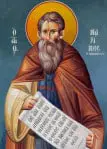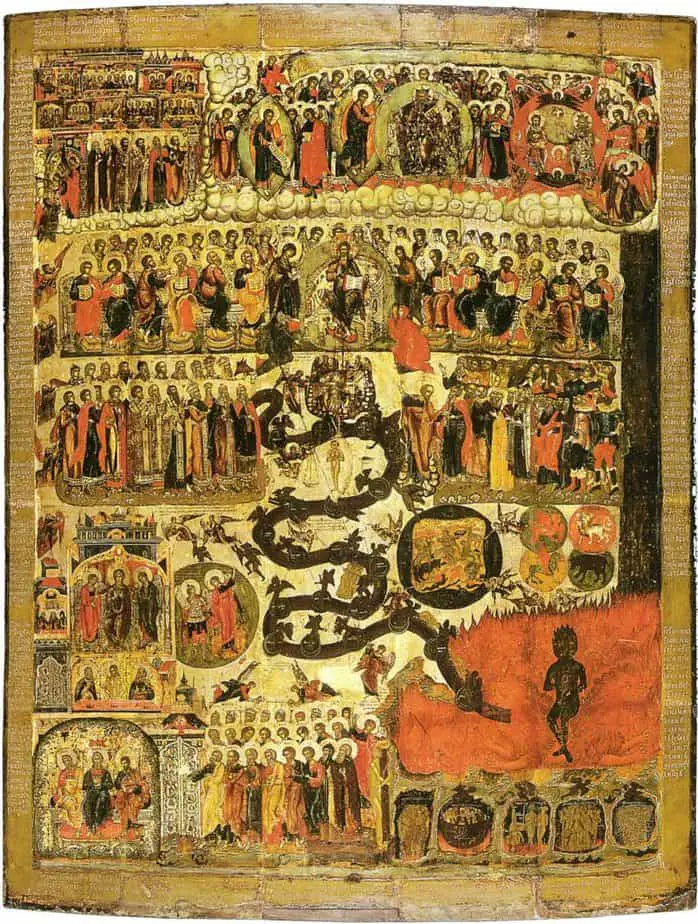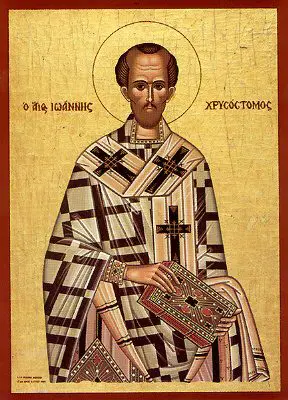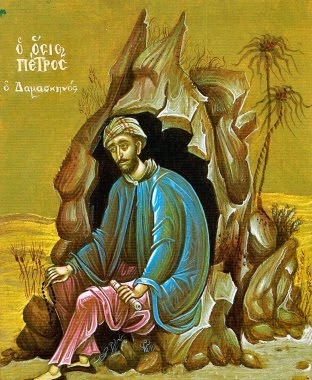“For to sin, even in the case of those who are most righteous, is easy, while repentance is not easy for everyone because death is near; and even before death comes there is despair. It is good, then, not to fall; or, if we fall, to rise again. And should we fall, we should not despair and so estrange ourselves from the Lord’s love. For if He so chooses, He can deal mercifully with our weakness. Only we should not cut ourselves off from Him or feel oppressed when constrained by His commandments, nor should we lose heart when we fall short of our goal. Rather, let us learn that a thousand years in the sight of the Lord are but a single day, and a single day is as a thousand years (cf. Ps. 90:4). Let us be neither hasty nor tardy, and let us be always ready to make a new start. If you fall, rise up. If you fall again, rise up again. Only do not abandon your Physician, lest you be condemned as worse than a suicide because of your despair. Wait
on Him, and He will be merciful, either reforming you, or sending you trials, or through some other provision of which you are ignorant.”
+ St. Peter of Damaskos, “Twenty-Four Discourses,” VIII Mortification of the Passions, The Philokalia: The Complete Text (Vol. 3)




